From Escape to Resettlement: An Interview with MR from Mirali, North Waziristan
The troubles that befell his village in 2007 forced MR and his family to flee, witnessing the destruction of homes and farms and the displacement of friends across the country.
Iman Sheraz Monnoo
Embarking on the next chapter of interviews from FATA refugees, we shed light on the life of MR, a resident hailing from the beautiful but turbulent region of Mirali in North Waziristan. His life was upended when, in 2008, as a 17-year-old, he fled his hometown with his elder sister, her daughter, and her husband, seeking refuge in Islamabad due to the escalating violence that engulfed their region.
The troubles that befell his village in 2007 forced MR and his family to flee, witnessing the destruction of homes and farms and the displacement of friends across the country. While MR yearns for the day when he can reunite with his family back in Mirali, the uncertain circumstances have made such a reunion a distant hope. His journey is a story of resilience in the face of adversity, a tale of survival, hope, and the pursuit of a brighter future.
Where are you from? Where did you grow up?
I was born in the town of Mirali in North Waziristan and lived there until January 2008. I left for Islamabad when I was 17 with my elder sister, her daughter, and her husband, so I spent my childhood mostly in Waziristan.
Where are you now?
When we came to Islamabad, I lived with my sister and her family before finding a job as a local salesman in a clothing factory. When I was 24, I met my wife who also worked in the same factory and we began living together in a small house on the outskirts of the city which is where we are now.
What do you do for work?
Back in Waziristan, I was studying in a small, locally funded school but I had to give up on my education when we fled to Islamabad in order to make enough money to support myself and unburden my family. I was very fortunate in being able to find work thanks to my brother-in-law who got me an interview at the factory I now work at. Since I do not have a degree, I work in the production sector, spinning and threading textiles.
Also Read: PML-N Gears Up for a Grand Rally as Nawaz Sharif’s Return Nears
Initially, my wife and I could cover the costs of living as both of us were working, but now that she is expecting, she had to take time off of work and I have had to cover more shifts to provide for us. As of recently, we have also set up a savings account to make sure we have some stability for our future child. I have high hopes for the future and plan to make use of this money to even invest in some land later on for us to work off of!
What places did you travel through before arriving at your current location?
We were forced to abandon our home, our animals, and our parents when the soldiers ambushed our village. There were insurgents who had engaged in abductions in the town as well, which is why everyone was on edge and fearing for their safety. My parents and my sister were especially worried for my niece and me. They started making plans to transport us out of the district and live with my uncle in South Waziristan, but eventually, the raids began occurring there as well and even that became an infeasible option. By that point, schools had been shut down and my father’s business as a carpenter was stalled as well because of the security threats. We were falling asleep to the sounds of gunshots and every day the threat of a raid loomed over our heads. In fact, the day before we left for Islamabad, we received news of our neighbor who had been shot in the leg fleeing from army officials who destroyed his house and drove his family out of the city. That was the final straw. The next day, my parents sent my sister and me off on our way with plans to meet up with us later in Islamabad when their business affairs had been sorted. We traveled for two days, taking breaks only to sleep with one of us always awake in shifts to keep guard. We had traveled with a group of about 15 other people from the village, and it was only through collective efforts that we survived the conditions of the journey. Particularly, walking through the rugged valleys was taxing, especially for the children and the elderly. I am grateful that we were able to reach the border safely and take a series of buses into Islamabad - it was like seeing a heavenly light at the end of a dark tunnel.
Do you want to build a life here, return to FATA, or travel further to another destination?
There are many traumatic memories I have from the events we witnessed in FATA. I spent many of my nights in Islamabad tossing and turning because of nightmares - visions of my parents getting shot or my sister abducted plagued me constantly. Even the fonder memories I have of growing up there, playing in the rivers and picking apricots from the orchards, are stained by the thoughts of the drones circling overhead. In comparison, the life I have here in Islamabad is much safer and secure. However, recently the bomb blast that took place caused many horrifying memories to resurface and my family and I have been forced to contemplate relocation once more. While we would never have considered moving anywhere else before, the new instability is forcing us to reconsider.
What was it like growing up in FATA? Tell us some good childhood memories. Is there anything you miss about your village that you cannot find here?
I think I miss the simpler life in Waziristan most. Unlike Islamabad, where the bustling streets seem to be a constant companion, life in the village was freer and calmer. There were hardly any cars on the roads to honk at odd hours of the night, and you could stare up for hours at the stars in the sky without street lights clouding your vision. Similarly, the air pollution in Islamabad is something no one in our family is accustomed to - back home, the air was crisp and clean and free of the dust that seemed to follow us around in Islamabad. Particularly, working in a factory compared to roaming the fields in Mirali can be very stifling and hard to endure at times. But even more than that, there was a sense of camaraderie that we had just from playing with the animals on the farms or going picking for figs when they were in season. There was a bond that could not be broken and each of us felt it.
When did the trouble start in your village? What was the trouble? Describe the issues that slowly caused people to start leaving the village.
The 2007 attacks that started led to the deaths and injuries of many in my village. Initially, there were reports of violence along the borders of the smaller towns in FATA but slowly the insurgents gained more confidence and began infiltrating some of the larger cities. We watched homes and farms go up in flames and hundreds of our friends be displaced out into Karachi, Lahore, and Islamabad. Any aid that was sent was never received by the smaller villages and many of us had to resort to turning to local nurses for help treating those who were injured. It was at this point that my parents had planned to send us to Islamabad and join us about a week after our departure. However, when we arrived in the city the attacks grew in severity and frequency, making it difficult for my parents to leave safely. They decided to stay with my uncle and have been living with them since.
If you have younger siblings or children, how do their childhoods compare to yours? What kind of life do you want your siblings or children to have?
Since the troubles in Waziristan began in my teen years, I was fortunate enough to be able to enjoy a peaceful childhood - when I was very young, my friends and I would skip stones in the small rivers formed in the valleys and swim when the weather was warm enough. With our first child on the way, I do regret him/her being unable to experience such things. However, I think there are facilities in Islamabad that Waziristan could never provide. The education is far better and my wife and I plan to enroll our child in one of the public schools available here. I want our child to not struggle the way I did from my lack of degree and be able to expand their opportunities in life.
Do you have family in FATA?
My parents and relatives are still back home in Mirali. While I miss them dearly, it is difficult to remain in contact with them due to the lack of cell service in the district. Sometimes electricity only works for 2-3 hours at a time so it is hard to find times when they are able to pick up the phone. I hope to one day return to Mirali to bring them to Islamabad but the circumstances as of right now do not allow it.
Note: Tribal News Network (TNN) is presenting this series of interviews to offer a deeper understanding of the historical security, political, and social dynamics in erstwhile FATA. Originating in a journalism grant at Williams College, these conversations aim to shed light on the intricate experiences and perspectives that have shaped the region’s trajectory. This project also represents the efforts of Pakistan’s youth in learning about communities and topics that may lie outside their comfort zone. However, the views expressed in this series of interviews are those of the interviewers and interviewees, and may not necessarily reflect the views or stance of TNN regarding these issues.

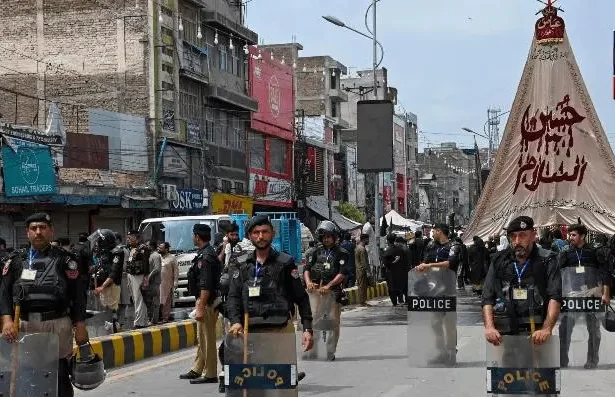
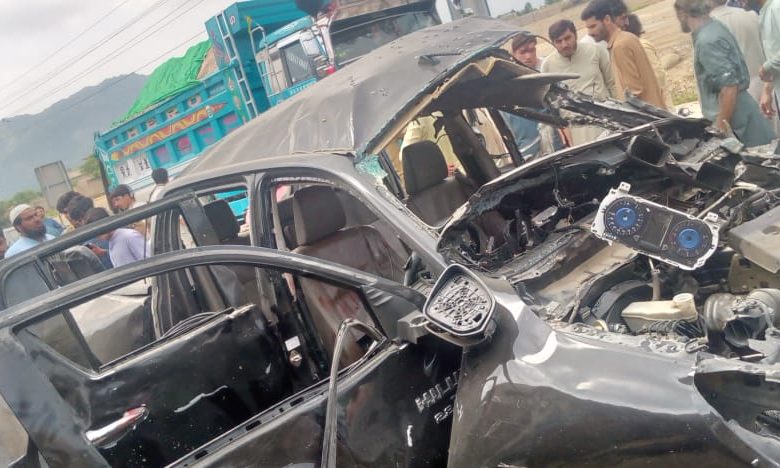
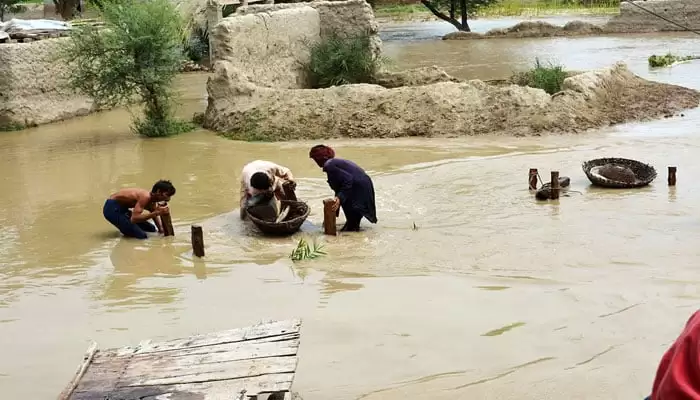
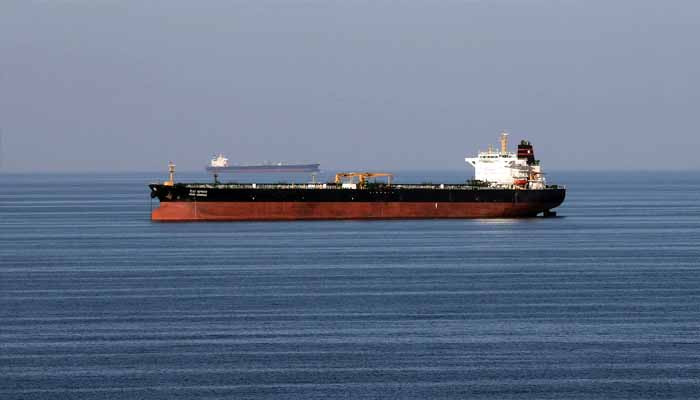
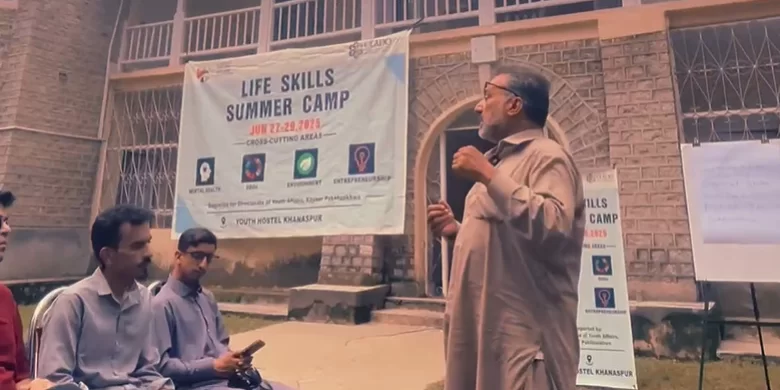
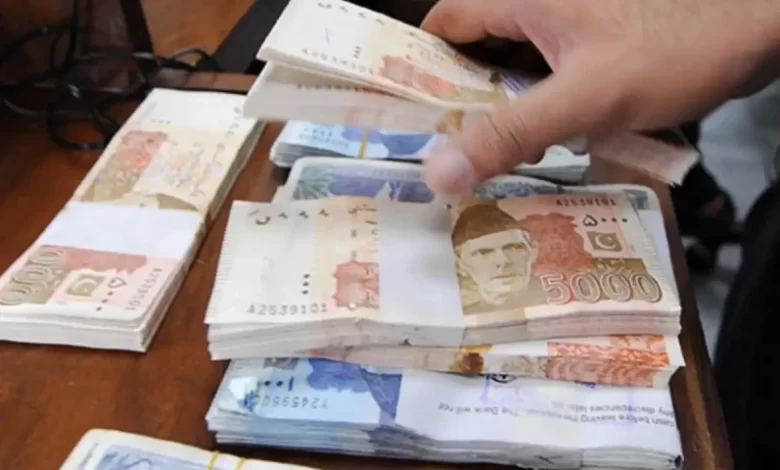
1.jpeg)